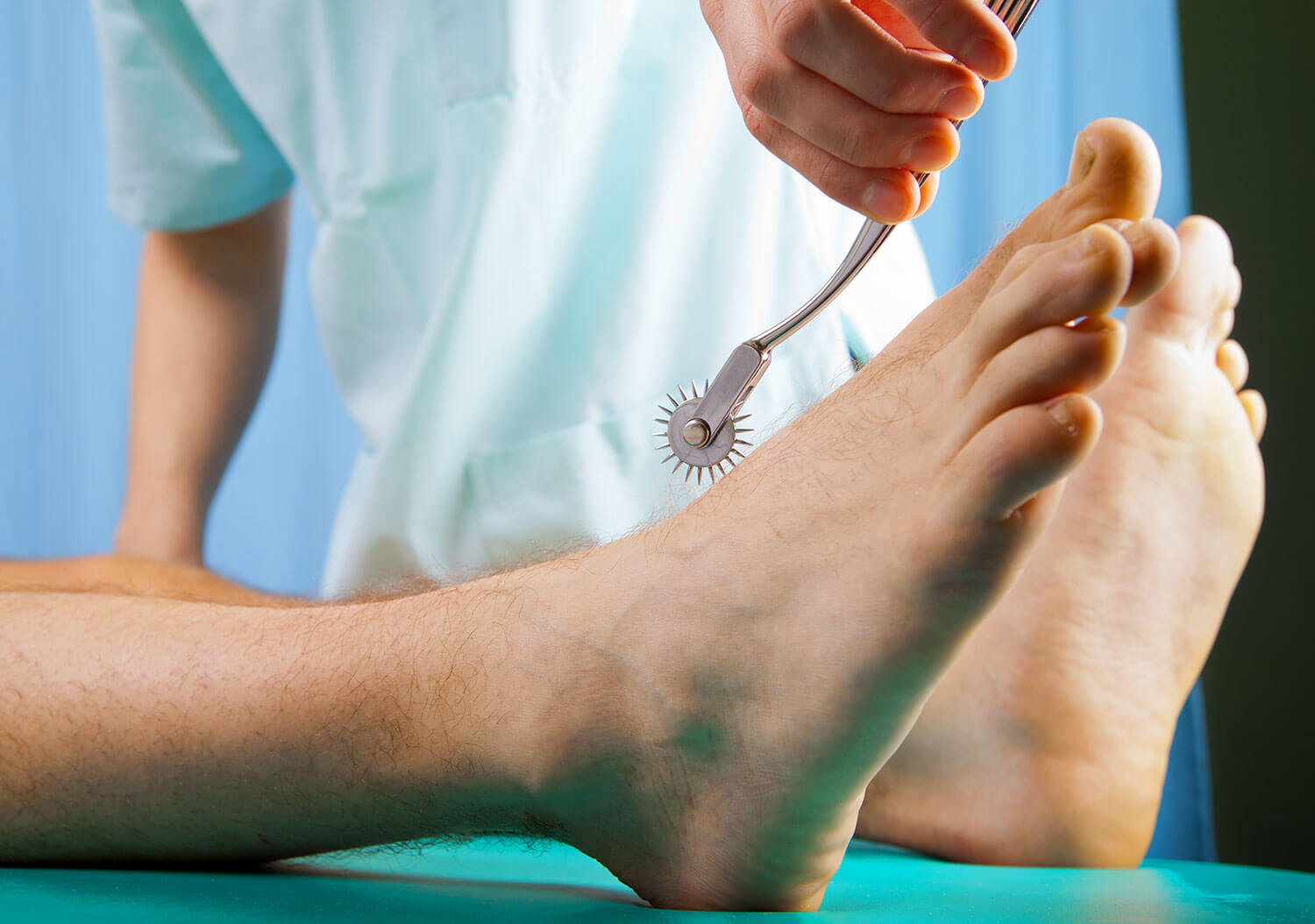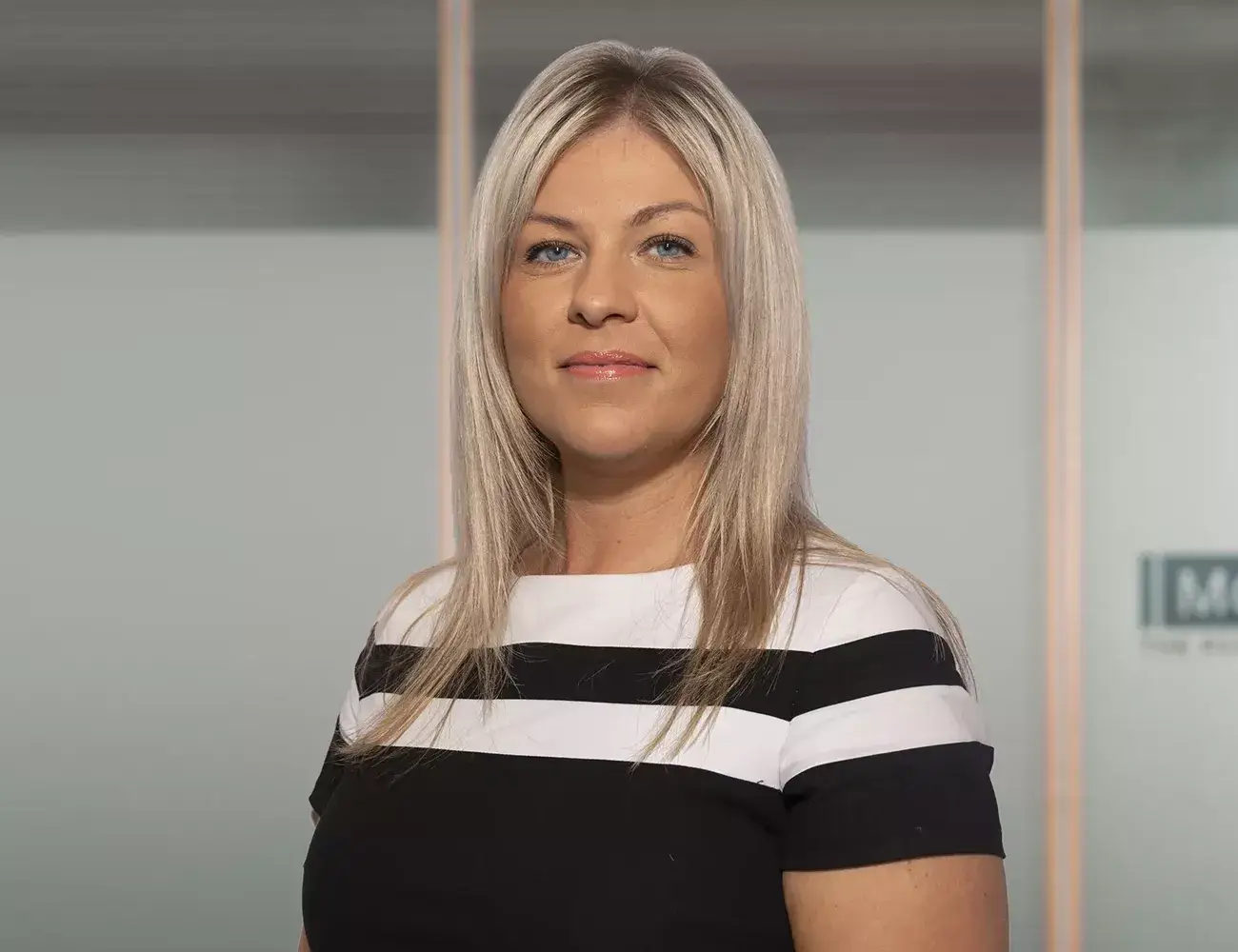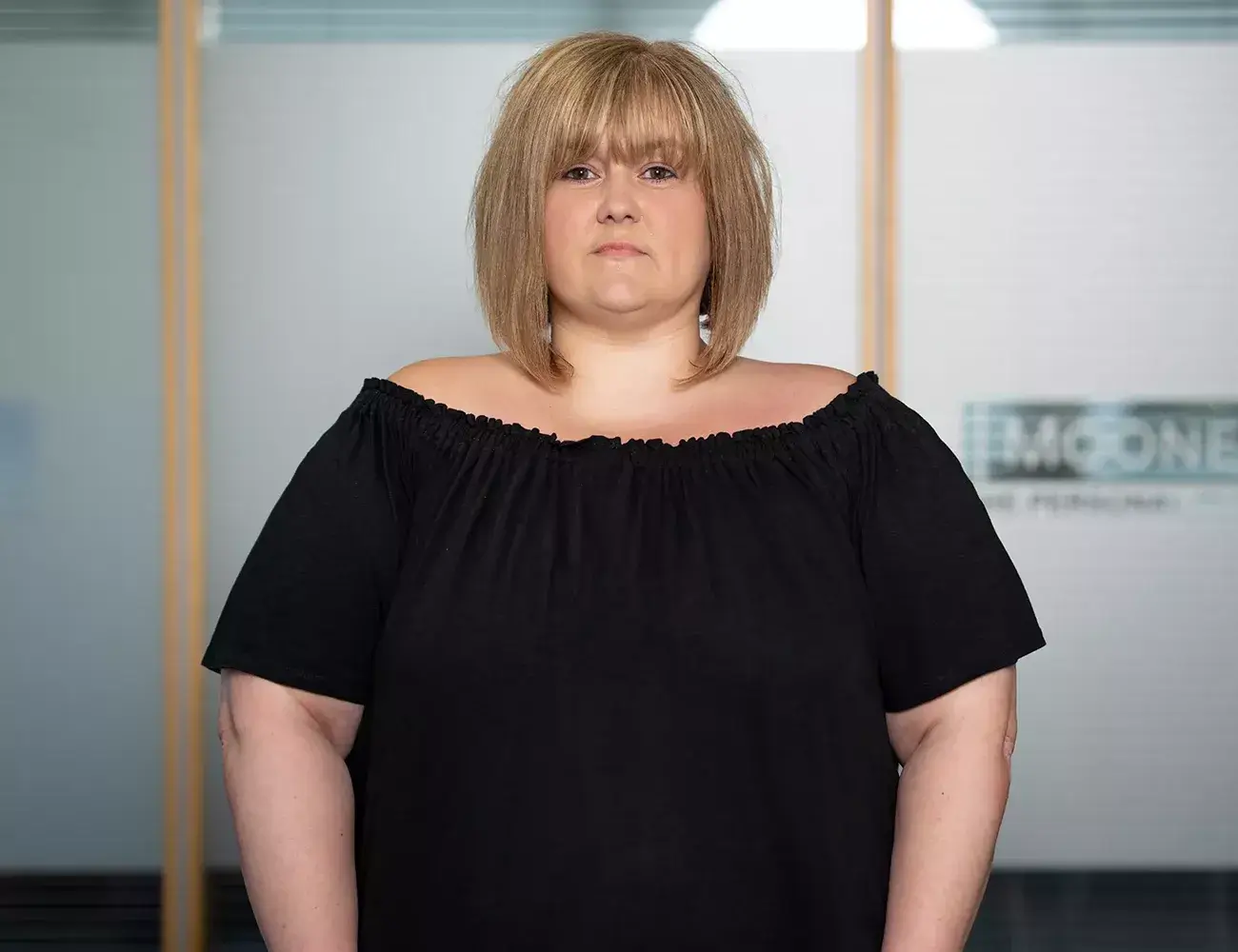Nerve Injury Compensation Claims
There are three types of nerves:
- Sensory nerves carry signals from muscles and skin to the spinal cord and brain. The spinal cord and brain form the central nervous system. The signals are processed so that you feel sensations.
- Autonomic nerves control involuntary or partially voluntary activities, such as heart rate, bowel movement and other metabolic activity.
- Motor nerves pass information from the central nervous system to muscles and glands. These are known as effectors because they produce a response to the information received.
How does nerve damage injury happen?
Nerves are sensitive. It doesn’t take a great deal of force to damage them. There are many ways in which nerve damage can happen but some of the more common are:
- Cuts and lacerations – a deep cut or laceration which cuts a nerve too
- Stretch and traction injuries – stretching the nerves so much that they are damaged
- Compression injuries – compression of nerve tissue
- Focal contusion injury – bruises or swelling in small, specific areas of the brain.
- Electrocution – nerve damage caused by electrical current coursing through the body
What are the symptoms of nerve injury?
- Numbness in the feet or hands
- Stabbing or shooting pains
- Loss of balance
- Loss of co-ordination
- Muscle weakness
- Pins and Needles
- Cold feeling in the legs or arms.
- Loss of sensation
- Loss of function.
- Legs or Arms feel heavy
- Difficulty lifting up the foot or toes
- Difficulty picking up or holding things
The hands, feet, arms and legs are most likely to be affected by nerve damage before other areas of the body. Nerve injury usually affects the body’s extremities first.
Nerve damage will differ in its severity depending on many different factors and the effects may fluctuate so that loss of sensation may come and go. However, the effects of nerve damage injury are often hugely debilitating and permanent. This causes serious physical and psychological challenges for the person affected.
What types of accident cause nerve damage injury?
The types of injuries that lead to nerve damage are those that often result from being involved in:
- Car accidents
- Pedestrian accidents
- Motorcycle accidents
- Cycling accidents
- Accidents at work
- Slip, Trip and fall accidents at work
- Public liability accidents: most notably slip, trip or fall on the pavement or road
- Horse riding accidents
- Sports injury accidents
Can I claim for nerve damage injury?
If you have suffered nerve damage injury as a result of being involved in an accident that wasn’t your fault, then you may be able to make a claim for nerve damage injury compensation. You will need to be able to prove that:
- The accident that caused the nerve injury was the fault of another person i.e. as a result of their negligence.
- The accident was the cause of the injury
Proving that the accident was another person’s fault comes down to gathering evidence. Getting the details of any witnesses is often crucial in this respect. Taking photographs of the scene of the accident can be useful (if you are in a fit state to, or if someone else is able to do this for you).
Quite often the other party will accept responsibility for the accident at an early stage or the circumstances of the accident make it obvious that they were to blame e.g. If they collided with your vehicle which was stationary at a road junction or traffic lights.
Proving that the nerve damage injury was caused by the accident is done by obtaining medical evidence. If you choose to pursue a claim through an expert personal firm of injury solicitors such as Mooneerams, then they will arrange for you to be examined by a medical expert. As a result of that examination, the doctor will prepare a medical report which will explain how the nerve injury has been caused by the accident.
What can I claim for in a nerve injury compensation claim?
When claiming compensation for nerve damage you will be able to claim for:
- General damages – these are damages (compensation) for the pain and suffering that you sustain because of the injury itself (including psychological injuries – often a significant factor when someone has suffered nerve damage). General damages include compensation for loss of amenity which includes compensation for loss of quality of life – day to day, work, social, sports, leisure. Again, when someone makes a nerve injury claim, this part of the claim can be significant.
- Special damages – compensation for financial losses. Loss of earnings is always high on the list of this type of compensation. With injuries that can be as severe as nerve injuries, future loss of earnings may also be an important part of the compensation claim, if the person suffering nerve damage is unable to work in the future either temporarily or permanently.
Other types of special damage in a nerve damage injury claim, may include:
- Care assistance – if a care assistant is needed to help with day to day life activities
- Nursing care
- Special aids and equipment
- Loss of promotion prospects
- Cost of pain management equipment
- Travel costs
- Cost of private surgery or therapy
- Psychological counselling fees
How much can I get for Nerve Damage Injury compensation?
It would not be helpful or advisable to estimate here, how much a claim for nerve damage might be worth in terms of compensation. No two claims are ever the same and that is rarely more obviously so than in the case of nerve damage injury.
Nerve damage injuries can cause physical and psychological injuries. It will require medical evidence from both nerve injury specialists and consultant psychologists to outline the nature and extent of the injuries.
Only once medical reports have been obtained can any reasonable estimate be made, as to the amount of compensation for pain and suffering that someone pursuing a nerve injury claim might expect to recover.
Even then, the claim for special damages will have to be taken into account. Special damage claims in serious injury claims are rarely straightforward and may themselves require expert reports to be prepared before estimates for things like future care costs, cost of retraining, loss of job prospects etc, can be accurately calculated.
If you appoint an experienced personal injury solicitor to make a nerve damage compensation claim for you, then they will guide you through the whole process and they will be able to give you an idea of the type of compensation you can expect to get, at the right stages during the claims process.
How long have I got to make a claim?
In general, you have three years from the date of the accident that caused your injury to start your claim.
Alternatively, you have three years from the date when you knew or reasonably ought to have known that the injury that you wish to claim for, was caused by the accident in question.
Why should I use Mooneerams for my nerve injury claim?
We are experienced, specialist personal injury solicitors. We only do personal injury claims and are experts. That’s important because it means:
- We have recovered compensation for people who have made nerve injury claims before
- We have tried and tested processes in place
- We regularly instruct the leading medical and other experts on behalf of our clients, to ensure that we have all the best evidence available to prove our clients’ claims and to recover maximum compensation for them as a result
- Our solicitors are experienced in making compensation claims for clients
- We treat our clients as human beings, not as ‘cases’ or ‘file numbers’
- We build up a great rapport with our clients, meaning that our clients feel comfortable in the knowledge that if they don’t understand something, they can just call us.
- We’ve recovered millions of pounds worth of compensation for our personal injury clients since we opened our Cardiff solicitor’s office in 2002.
Can I make a No Win, No Fee nerve injury claim?
In most cases, we are able to use No Win, No Fee agreements to fund nerve injury claims for clients. By taking out a No Win, No Fee agreement, you won’t have to pay a penny if your claim doesn’t succeed.
If you’d like to talk to us here at Mooneerams about making a possible nerve injury compensation claim, call our Head of Serious and Complex Injury Claims, Angus Fergusson now on 029 2199 1927.
Alternatively, ways of contacting us are by filling in the box on this page, leaving your details for us to call you or you can also email us at enquiries@mooneerams.com.





















